Stability: State institutions as equal partners
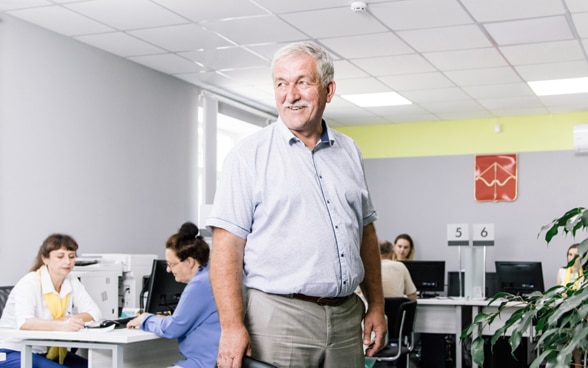
In the past, the majority of Ukrainians were dissatisfied with local public services. Decentralisation reforms were launched with a view to building public trust in state and municipal institutions. Local institutions and communities were afforded greater powers, for example in the public services, healthcare and education sectors. Switzerland has been following this process closely since the 1990s, and in so doing it can look to its own federal system of government. Initial results can be seen following the completion of the main reforms; surveys show that half of all Ukrainians have benefited from the decentralisation reforms. Oleksii Riabokon, mayor of the commune of Pyryatyn, which lies 160 kilometres east of Kyiv, explains: "People no longer have to deal with someone from the authorities telling them what to do. They now speak to a specialist, who assists them with their queries."

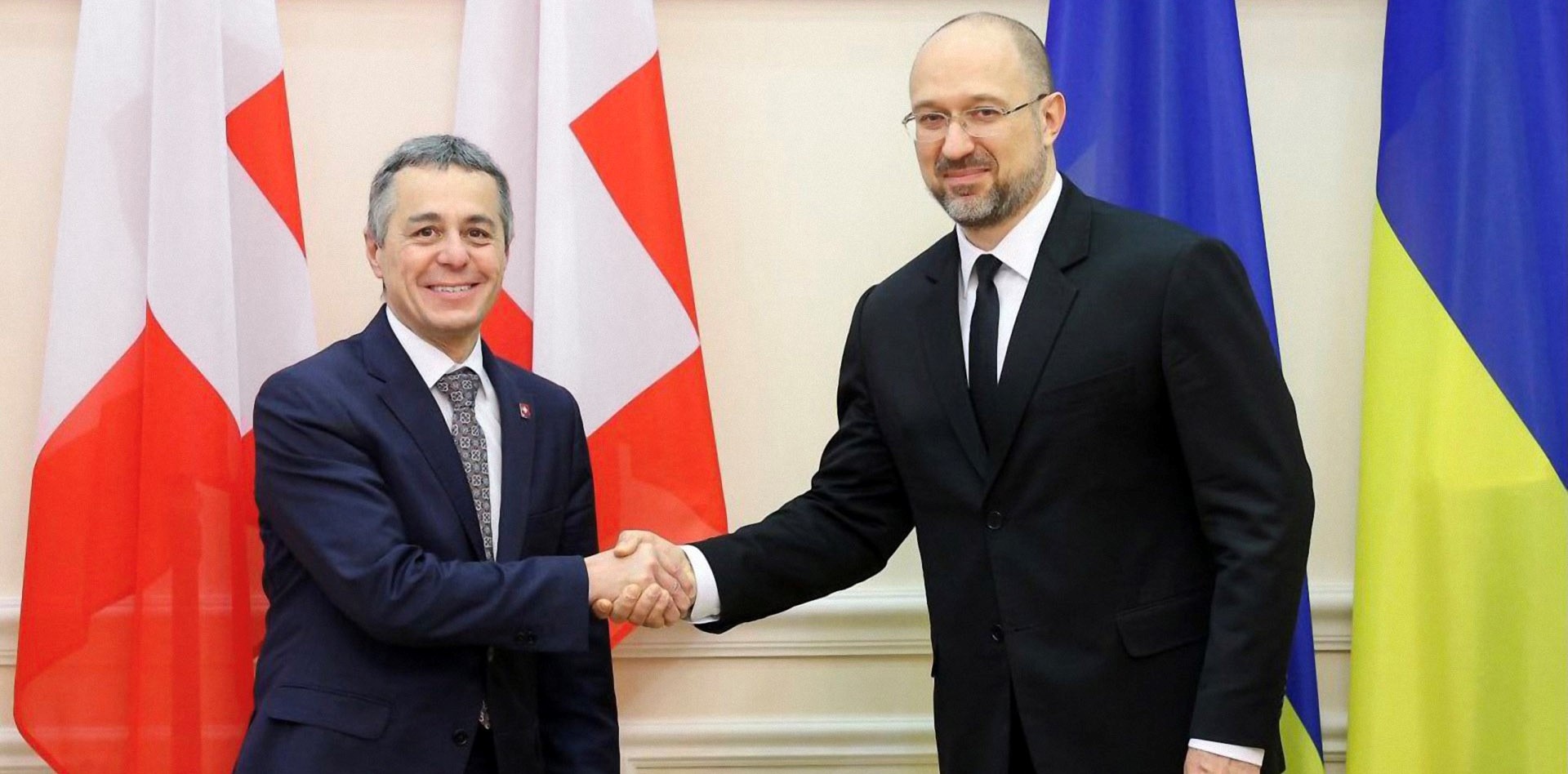
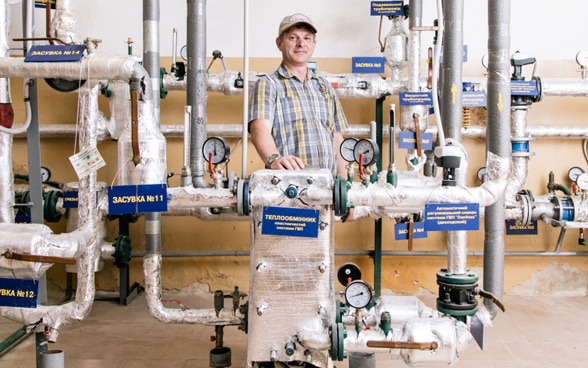

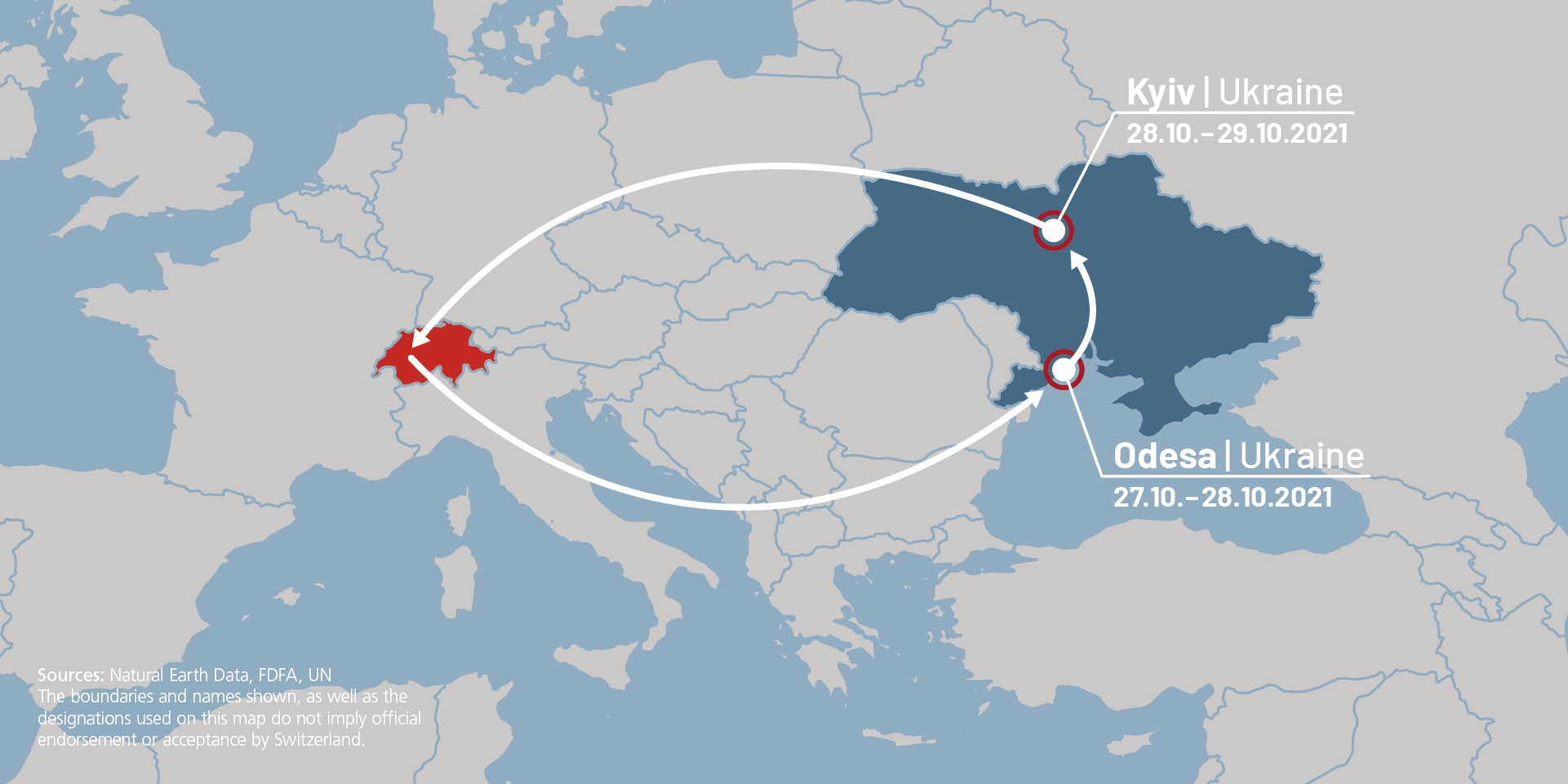
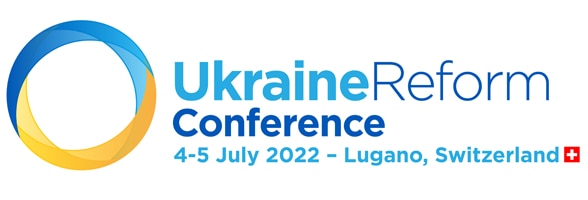
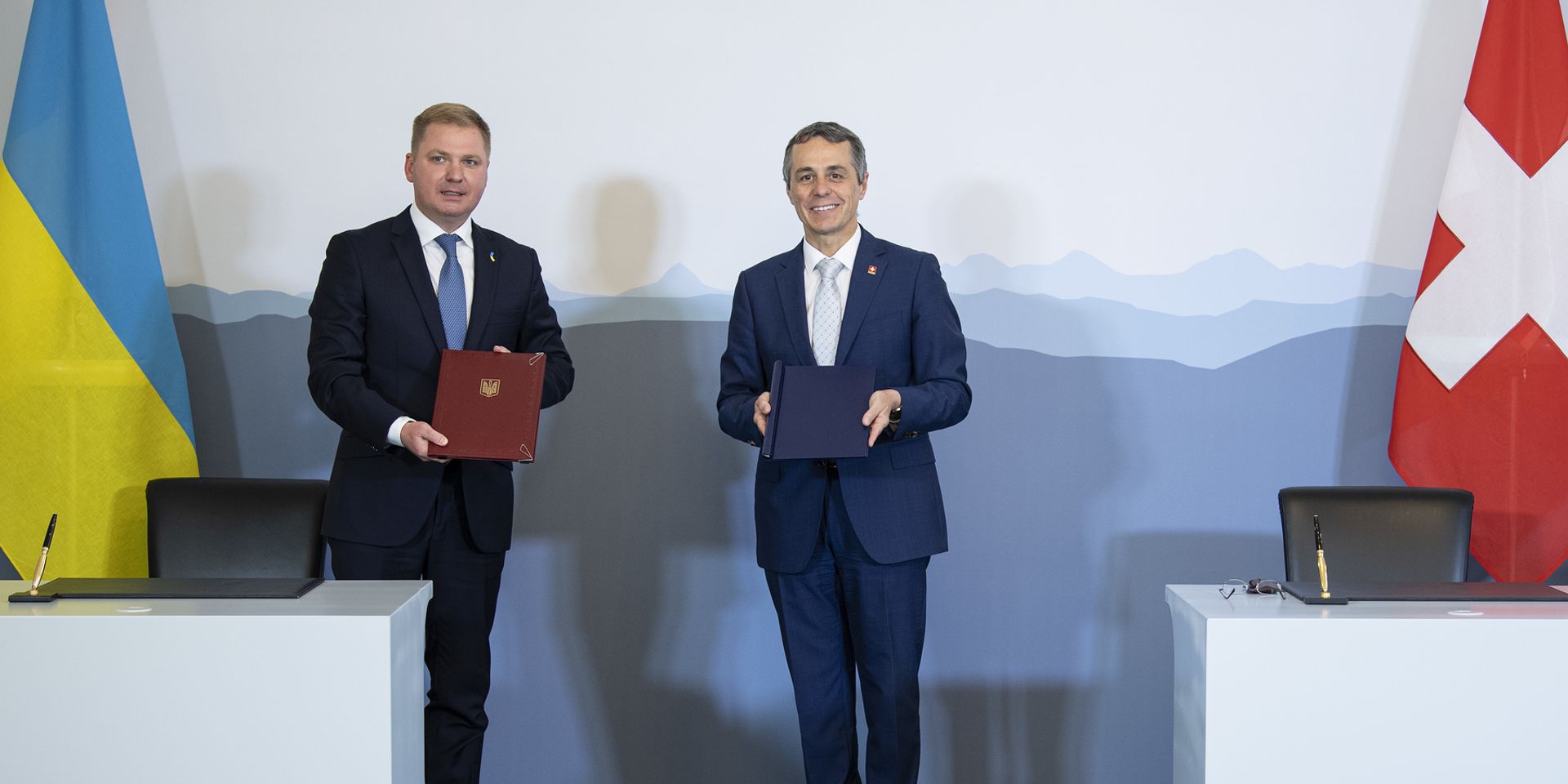
.jpg)